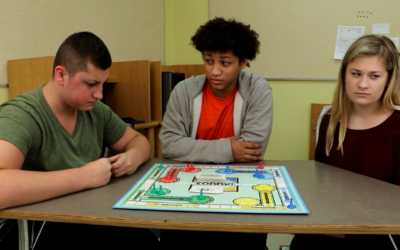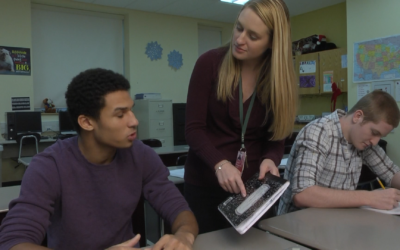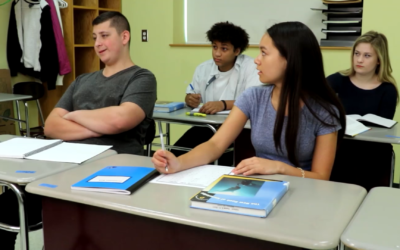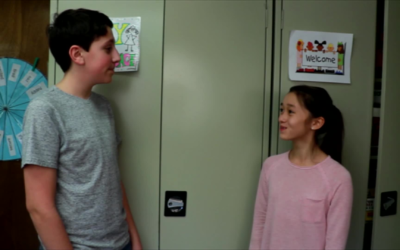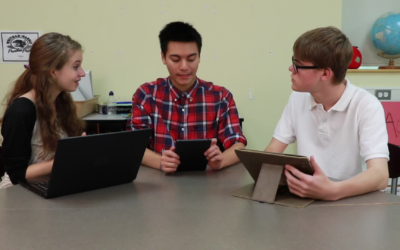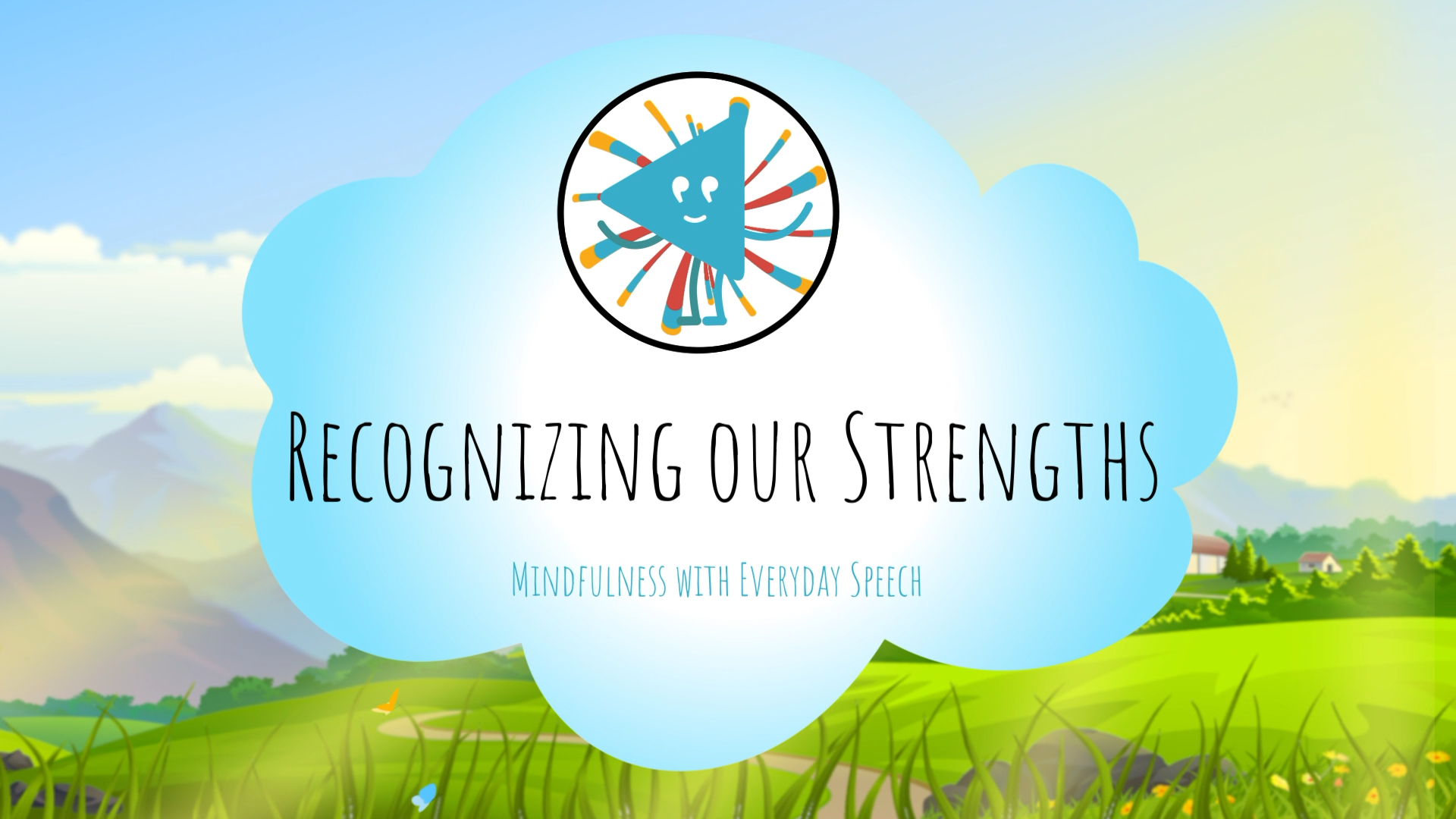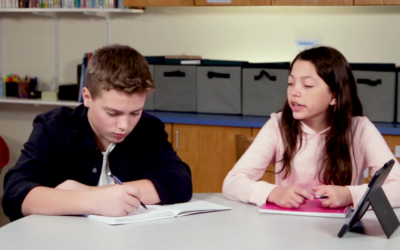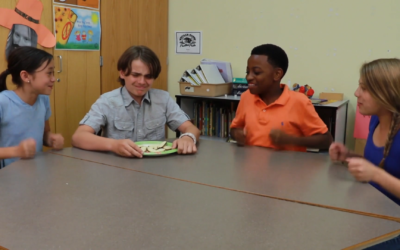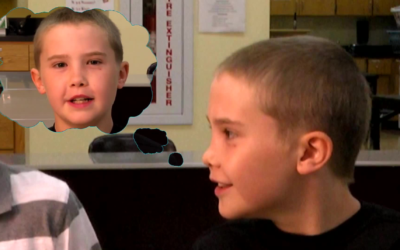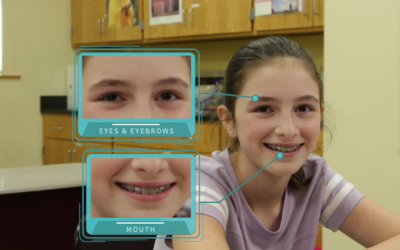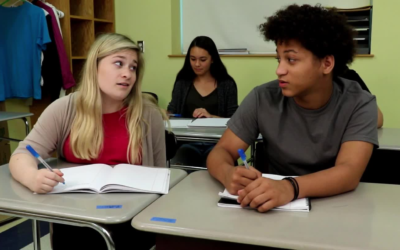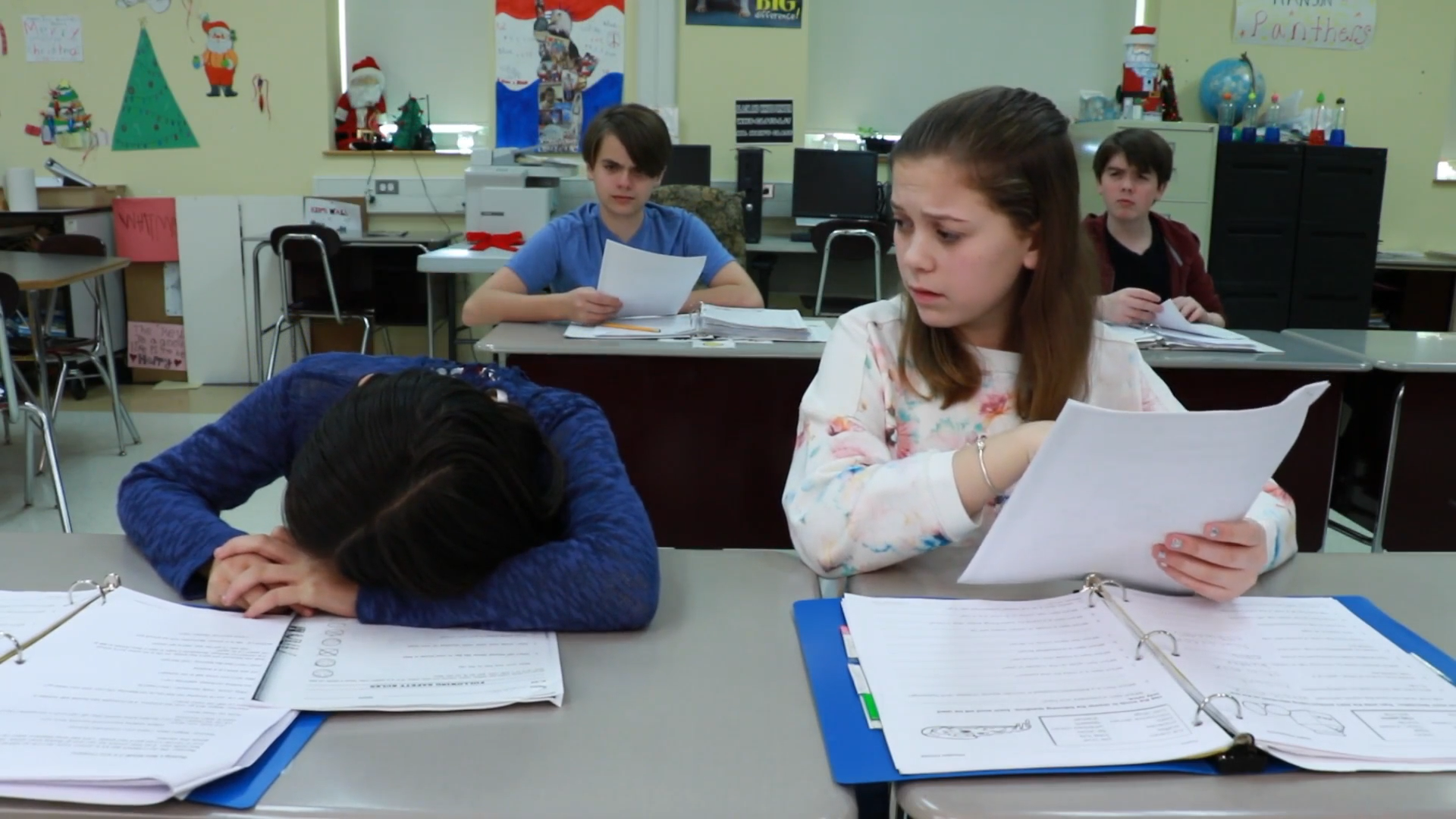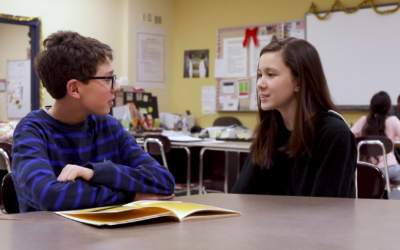Everyday Speech Blog
Social Skill Lesson Plans and Articles
No Results Found
The page you requested could not be found. Try refining your search, or use the navigation above to locate the post.
No-Prep Activities
Teaching Middle School Students the Art of Correcting Others Gently and Appropriately
Introduction Knowing how and when to correct others is a valuable skill for middle school students to learn. In social situations, such as playing games, it's important to consider the feelings of others and whether it's the right time to correct them. This blog post...
Teaching Self-Control Skills to Middle School Students
Self-control is an essential skill that helps students manage their emotions and actions. When students lose self-control, it can lead to negative consequences, such as getting into trouble or damaging relationships. In this blog post, we will explore ways to teach...
Teaching Respect to Students: A Guide for Educators
As educators, one of our primary goals is to instill in our students the importance of respect and understanding. In school, it is crucial that students learn to show respect to adults by listening, following directions, and being mindful of the words they use and...
Introducing Yourself: Social Skills for Kindergarten Students
Introduction Teaching social skills to Kindergarten students is an essential aspect of their early education. One crucial skill students must learn is the art of introducing themselves to new people. This blog post will help educators teach their students how to make...
Helping Students Diversify Conversation Topics: A Social-Emotional Learning Activity
Introduction: As educators, we often encounter students who get fixated on a single topic and struggle to engage in diverse conversations. This can lead to social challenges and limit their ability to connect with peers. In this blog post, we will discuss a simple,...
Growth Mindset: Empowering Middle School Students to Embrace Challenges
Introduction Growth mindset is a powerful concept that can transform the way middle school students approach challenges and learning. By understanding and embracing the idea that abilities can be improved over time, students can turn their weaknesses into strengths...
Enhancing Communication: The Art of Using Indirect Language
As educators, it's essential to teach students the value of effective communication. One aspect of communication that is often overlooked is the use of indirect language. By learning to speak indirectly, students can create a more positive atmosphere, improve their...
Handling Peer Pressure: Empowering Students to Make Their Own Decisions
Introduction Peer pressure is a common situation faced by students of all ages. It occurs when individuals feel compelled to do something they don't want to do because of the influence or requests of others. This can be challenging, as we all want to be liked and...
Dealing with Jealousy: Activities and Strategies for Middle School Students
Introduction Jealousy is a common emotion experienced by people of all ages, including middle school students. It can manifest in various ways, such as feeling envious of someone else's achievements or possessions. While jealousy is a natural emotion, it is essential...
Teaching Personal Space in Special Education: Activities and Tips for Educators
In this blog post, we will explore the concept of personal space and how to teach it to students in special education settings. Personal space is an essential aspect of social-emotional learning, as it helps individuals maintain a comfortable distance from others and...
Using the Big Three to Understand Feelings in PreK Students
Introduction As educators, we often come across situations where it's difficult to understand how our PreK students are feeling. Teaching them to read facial expressions is a crucial skill that helps them navigate social situations. This blog post will discuss an...
Teaching PreK Students to Manage Big Emotions and Change the Channel
Introduction Everyone experiences a wide range of emotions and feelings, both positive and negative. For young children, especially PreK students, understanding and managing these emotions can be challenging. Big, negative feelings like anger, frustration, or sadness...
Teaching Sarcasm and Related Skills to Elementary Students
Introduction Sarcasm is a form of humor often used to make a point or provoke laughter. It involves saying the opposite of what you mean while using a different tone of voice and body language to signal the intended message. Teaching sarcasm and related...
Helping Students Cope with Disappointment and Maintain Self-Control
As educators, we often work with students who face challenges in managing their emotions, particularly when they experience disappointment. In this blog post, we will explore how to help students in Special Education cope with disappointment and maintain self-control...
Using the Topic Radar to Improve Social Interactions for Elementary Students
Introduction Effective communication is an essential skill for students, as it plays a vital role in their social-emotional development. One way to help students engage in meaningful conversations is by introducing the concept of the Topic Radar. The Topic Radar is a...

